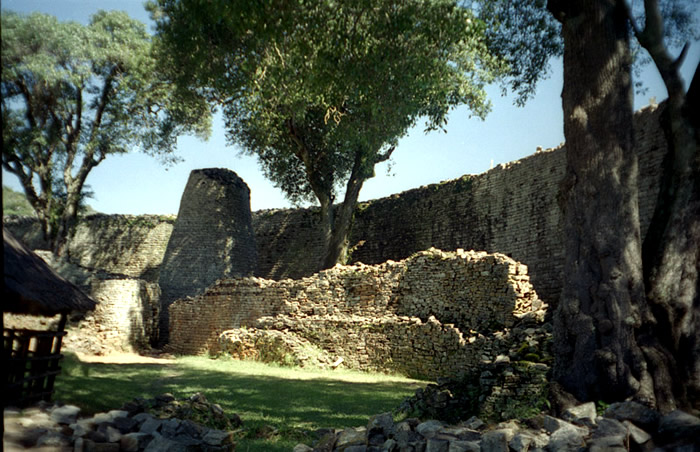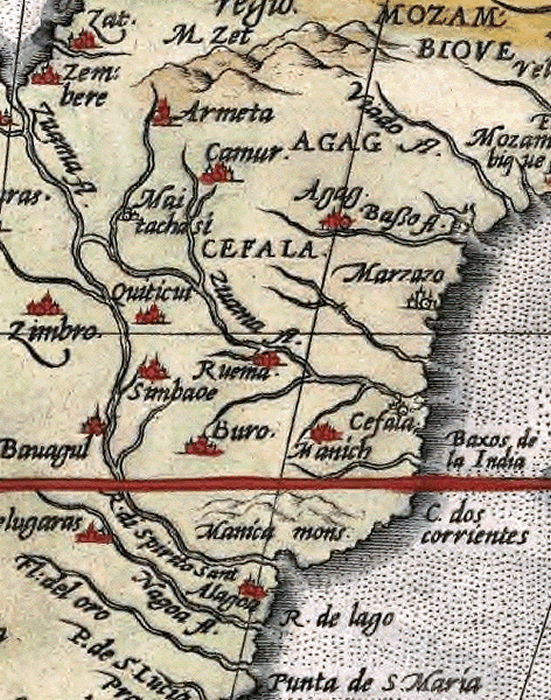 Zimbabwe Kingdom
Zimbabwe Kingdom

(Text by Duane R. Hurst © 2013)
Click on a link to view its information and pictures.
|
ZIMBABWE LINKS: Significant Event: Construction of Great Zimbabwe Kingdom of Mutapa in 1450 AD Main Cities: Great Zimbabwe Time: 1220-1600 AD Language: Bantu; Khoekhoe; Shona; Swahili Personage: Nyatsimba Mutota Religion: Zimbabwe Gods Related Country: Zimbabwe Brief History: I have included only a few items concerning the history of this kingdom. A good source for more details can be found on Wikipedia or in history books. PRE-GREATER ZIMBABWE: The Kingdom of Mapungubwe (1075-1220 AD) flourished at a juncture of the Limpopo and Shashe rivers, with a capital at Mapungubwe. The people likely were descendants from the Khoikhoi culture and migrated to the area due to abundant herds of elephants. The kingdom declined as Zimbabwe ascended. |
|
|
GREATER ZIMBABWE:
People from the Kingdom of Zimbabwe (1220-1450 AD) were part of the Shona culture. They migrated from Mapungubwe and constructed Great Zimbabwe. Its king eventually had over 150 tributaries that paid taxes. Another kingdom in the region was Buta (1450-1683 AD), with a capital at Khami. It later became a tributary state of Zimbabwe. The Rozwi Empire (capital at Danamombe) conquered Buta after the decline of Zimbabwe. Circa 1430 AD, Prince Nyatsimba Mutota of Greater Zimbabwe sought salt-laden lands in the north. He conquered a region that became the Kingdom of Mutapa (aka Monomotapa). Greater Zimbabwe was abandoned and the kingdom fragmented into Mutapa (1450-1760 AD) Butua centers of influence. |
|
|
© Page Publisher: Duane R. Hurst
|


